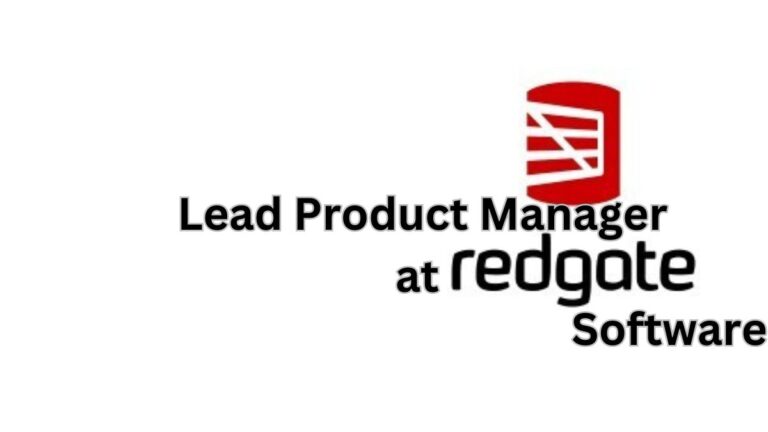Strategies for Government Contracting Success Small Businesses Need to Know
Government Contracting Success offer small businesses significant growth opportunities, with billions in federal spending available annually. This guide provides strategies for securing contracts, covering everything from registration to proposal development, along with real-life success stories. Whether you’re new or experienced, these insights can help you succeed in this lucrative market.
Understanding the Government Contracting Process
The Federal Acquisition Process
The federal acquisition process is a structured method used by government agencies to procure goods and services. For small businesses, comprehending this process is crucial. It begins with identifying opportunities where government contracts are listed. Familiarizing yourself with these listings can help you spot contracts that match your business capabilities.
Types of Government Contracts
Government contracts come in various forms, each with unique requirements and payment structures. These include fixed-price contracts, cost-reimbursement contracts, and indefinite-delivery contracts. Understanding the differences between these types can help you choose the right opportunities for your business. Effective GovCon marketing can significantly enhance your visibility and success in this sector.
Participation for Small Businesses
Small businesses often face challenges entering the government contracting arena. However, there are specific provisions like the Small Business Set-Aside Program and the 8(a) Business Development Program designed to level the playing field. Knowing about these programs can significantly enhance your chances of winning contracts.
Navigating the Registration and Certification Process
Registering as a Government Contractor
Before you can bid on government contracts, you must register as a government contractor. This involves obtaining a DUNS number, registering with the System for Award Management (SAM), and completing the SBA’s profile. Each of these steps is vital to establishing your business as a legitimate candidate for government contracts.
Importance of Certifications
Certifications play a pivotal role in the government contracting landscape. They can provide your business with a competitive edge. Programs like the Women-Owned Small Business (WOSB) certification, Veteran-Owned Small Business (VOSB) certification, and HUBZone certification are just a few examples. These certifications not only enhance your credibility but also open up exclusive contracting opportunities.
How to Obtain Certifications
To obtain these certifications, businesses must meet specific eligibility criteria and go through a detailed application process. For instance, the WOSB certification requires proof of female ownership and control of the business. Understanding the documentation and criteria for each certification will streamline the application process and increase your chances of approval.
Building a Winning Proposal
Key Elements of a Successful Proposal
A winning government contract proposal is detailed and aligned with the agency’s needs. Key elements include a clear understanding of the project requirements, a compelling executive summary, and a detailed project plan. Highlighting your business’s unique strengths and past performance can make your proposal stand out.
Tailoring Proposals to Government Needs
Generic proposals rarely succeed in the government contracting world. Tailoring your proposals to meet specific agency needs is essential. This means researching the agency, understanding its mission and goals, and aligning your proposal accordingly. Customization shows the agency that you are not only capable but also invested in meeting their unique requirements.
Writing Tips for Effective Proposals
Effective proposal writing involves clarity, conciseness, and persuasive language. Use headings and subheadings to organize information, and ensure your proposal is free of jargon. Including references and supporting data can also strengthen your proposal. Remember, your goal is to convey confidence and competence in fulfilling the contract requirements.
Networking and Marketing Strategies for Government Contractors
Importance of Building Relationships
Relationships are a powerful tool in the government marketplace. Building connections with agency representatives, attending industry events, and joining relevant organizations can enhance your visibility and reputation. Networking can lead to valuable insights, partnerships, and even direct contract opportunities.
Effective Marketing Strategies
Marketing to government agencies requires a strategic approach. Develop a strong capability statement that highlights your business’s strengths, certifications, and past performance. Utilize online platforms, such as your company website and LinkedIn, to showcase your expertise. Additionally, consider participating in government-sponsored events and expos to increase your exposure.
Leveraging Technology for Marketing
Technology plays a significant role in modern marketing strategies. Use customer relationship management (CRM) software to track and manage your interactions with agency representatives. Implement email marketing campaigns to keep your business top-of-mind. Leveraging technology can streamline your marketing efforts and improve your reach.
Compliance and Performance
Understanding Federal Regulations
Compliance with federal regulations is non-negotiable in government contracting. This includes adhering to the Federal Acquisition Regulation (FAR) and other agency-specific guidelines. Staying updated on these regulations ensures that your business remains eligible for contracts and avoids penalties.
Maintaining Compliance
Maintaining compliance involves regular audits, proper documentation, and continuous training for your team. Utilize compliance management tools to monitor your adherence to regulations. Regularly review your processes and make necessary adjustments to stay compliant.
Strategies for Successful Performance
Successful contract performance hinges on effective project management. Establish clear communication channels with the contracting agency, set realistic timelines, and monitor progress regularly. Delivering quality work on time will not only fulfill your current contract but also position you for future opportunities.
Conclusion
In conclusion, government contracting offers vast opportunities for small businesses willing to invest time and effort. By understanding the contracting process, obtaining necessary certifications, and building strong proposals, you can position your business for success.







